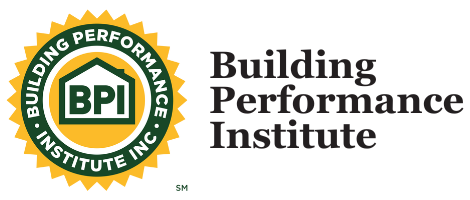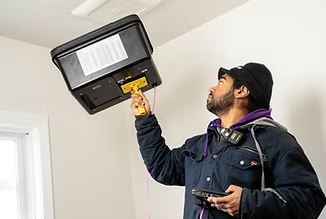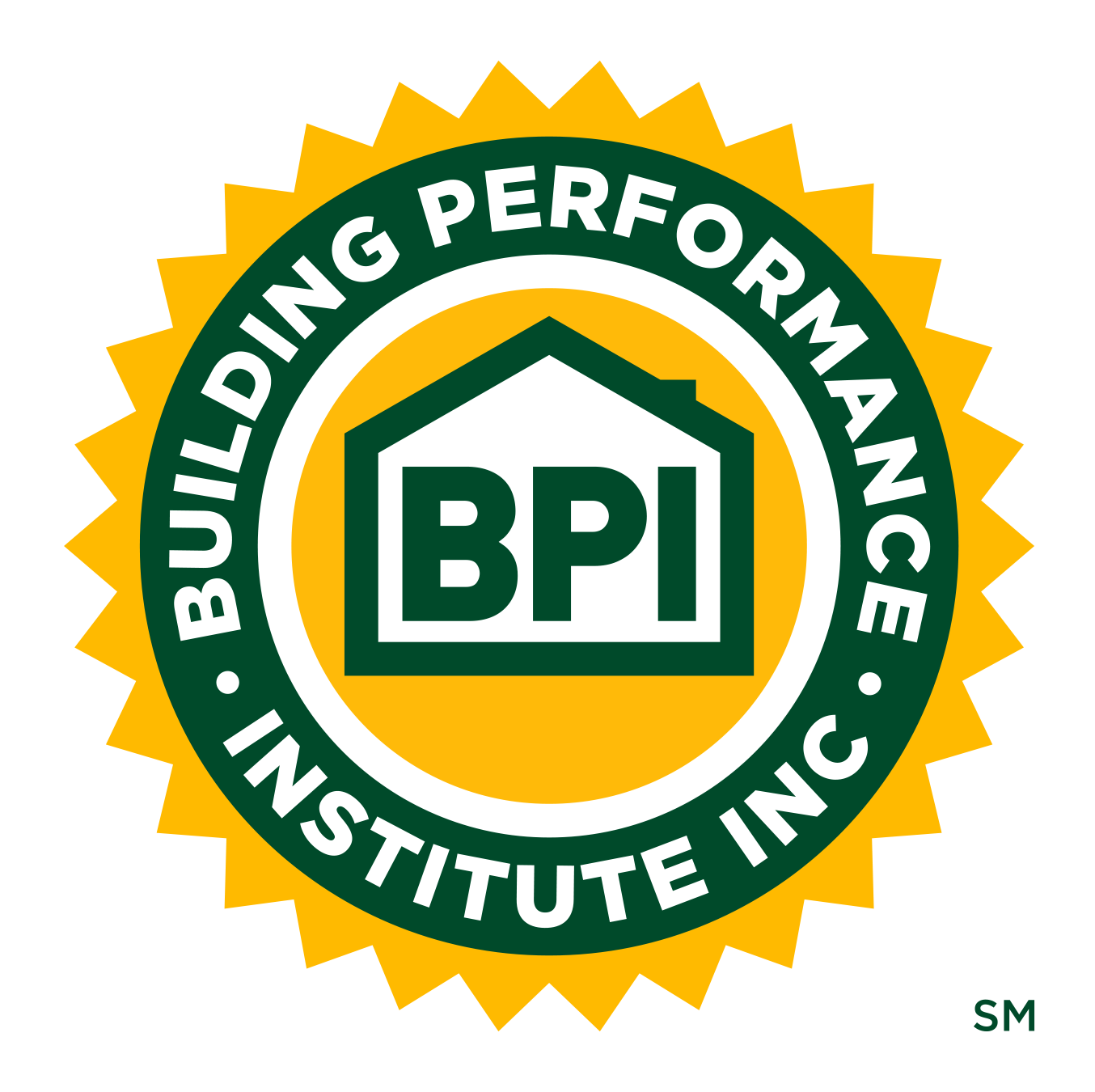
- Home
- About
About Us
Meet the BPI Team
Board of Directors
Awards and Scholarships
Sponsors
FAQs
Join the BPI Team
Contact UsAdvancing Professionals.
Elevating Standards.
- Resources
Resources
Certificates
Building Science Principles
Healthy Housing Principles
Site Supervisor Certificate
Total Building Performance
Cold Climate Air Source Heat Pump AssessorBPI GoldStar Contractors
Test Centers
BPI ProctorsReporting CEUs
Become a CEU ProviderLive Webinars
Certifications
Building Analyst Technician (BA-T)
Building Analyst Professional (BA-P)
Energy Auditor
Quality Control Inspector
AC / Heat Pump
Air Leakage Control Installer
Heating Professional
Healthy Home Evaluator
Infiltration & Duct Leakage
Manufactured Housing
Multifamily Building Analyst
Multifamily Building Operator
Retired Certifications
Special Accommodations
2025 EA/QCI Pilot
BPI For Veterans - BPI News
- Locator Tool
About BPI Standards
BPI is a national standards development organization for residential energy efficiency and weatherization retrofit work. As an independent, not-for-profit organization, we bring together leading building science experts from across North America to develop our standards using a consensus-based process.
On July 13, 2010, BPI was approved by the American National Standards Institute (ANSI) as an Accredited Standards Developer. Through BPI's Standards Technical Committees (STCs), their working groups, and dozens of committed industry participants, the BPI standards program maintains an unmatched reputation as the home performance industry’s leading standards body.
BPI functions as a vital connection between contractors, technicians, training organizations, and programs to ensure the entire home performance and weatherization workforce is following the same strict protocols.
Individuals that have been trained, tested, and certified to BPI’s nationally recognized standards use the house-as-a-system approach to improve the performance of existing homes – an approach proven to reduce homeowner annual utility bills by as much as 20% or more. That's why BPI standards are cited by the Home Performance with ENERGY STAR (HPwES) program from the U.S. Department of Energy (DOE) and Environmental Protection Agency (EPA), as well as several state Weatherization Assistance Programs (WAPs).
Standards Under Review
The Building Performance Institute, Inc. (BPI) is seeking input from the public on BPI-2100 Home Performance Related Data Transfer (the HPXML Transfer Standard). BPI’s Data and Modeling Standards Technical Committee (DM-STC) has approved the release of the draft Version 4.2, for a 45-day public comment period ending on August 28, 2025.
HPXML is a data transfer protocol that can be used to exchange information between different software systems using an open, technology-neutral solution developed through BPI’s ANSI-accredited standards development procedures, with openness, transparency, and a consensus-based approach at its core.
A complete list of changes to the HPXML standard can be found here:
- Vehicles, including electric vehicles, and their chargers in #403 and #436
- ElectricPanel: add BranchCircuits and ServiceFeeders to evaluate needs for panel upgrades in #435
- Bowstring Roof for manufactured homes in #432
- Heat pump water heater voltage and mixing valve setpoint in #431
- adding ClothesDryer/DryingMethod so a heat pump clothes dryer can be indicated in #444
- Measure Taxonomy in #428.
- Clarify sameas attribute in #437
- Four (4) new fields in the BPI2400Inputs for reporting in HPXML: #448 and #449
To submit comments on HPXML, please download the BPI Standards Comment Form.
Completed forms must be submitted to standards@bpi.org by August 28, 2025 in order for comments to be considered by the DM-STC.
BPI Standards Development Procedures
BPI-1 Standards Procedures Manual
Appeals Policy
BPI Standards Development Appeals Policy and Filing Fee
Policy Guidelines
Through its committees, working groups, Board of Directors, and departmental staff, BPI's activities are governed by strict policies designed to promote and stimulate our free enterprise system. Download the BPI General Policy Statement Applicable to Standardization Programs to learn more.
Patent Policy Form
The Patent Holder Statement should be used to submit Intellectual Property (IP) tenders on BPI standards and bulletins. BPI conforms to the ANSI patent policy as set forth in the current version of ANSI Essential Requirements.
New Standard Proposal
To propose a new standard that fits within BPI’s scope as an ANSI American Standard Developer, please submit the New Standard Proposal Form.
Please see the FAQs or e-mail standards@bpi.org for further questions.
Get Involved
Getting involved in the BPI standards program offers companies, contractors, training organizations, and individuals an opportunity to influence the entire standards setting process and become an early player in market-shaping decisions.
Spanning the broadest collection of interests in the field, the BPI Standards program is comprised of dozens of active industry-wide stakeholders.
Standard Technical Committees
Each year, BPI solicits new members for its Standards Technical Commitees (STCs). You may apply by providing information about yourself, your company, and which standards groups you are interested in. Just complete the STC Membership Application and submit it to standards@bpi.org. A representative from BPI's Standards department will review your information and contact you regarding your best opportunities.
STC Working Groups
If you are interested in participating in the STC working groups, please complete the Subject Matter Experts Information Form and submit it to standards@bpi.org using the instructions provided on the form.
Feedback on Proposed ANSI/BPI Standards
BPI encourages all interested stakeholders to provide technical and editorial comments on proposed standards during the announced formal public comment periods. This critical part of the open development process ensures that a consensus of those directly affected by the standards has been achieved.
Get Certified
Learn HowQuick Links

Learn about HPXML
The Home Performance Extensible Markup Language (HPXML) is an open data standard created to support a growing industry by streamlining the exchange of data on residential building and energy performance.
View the Website
